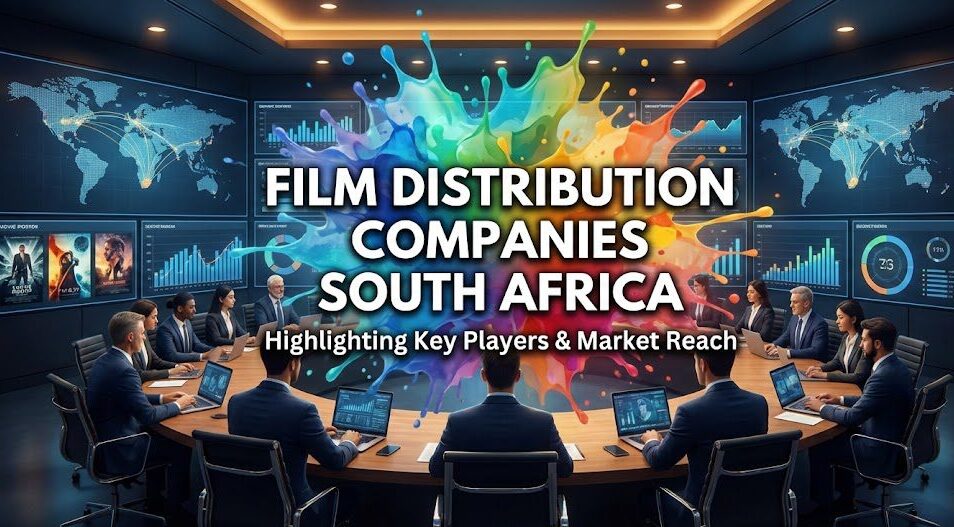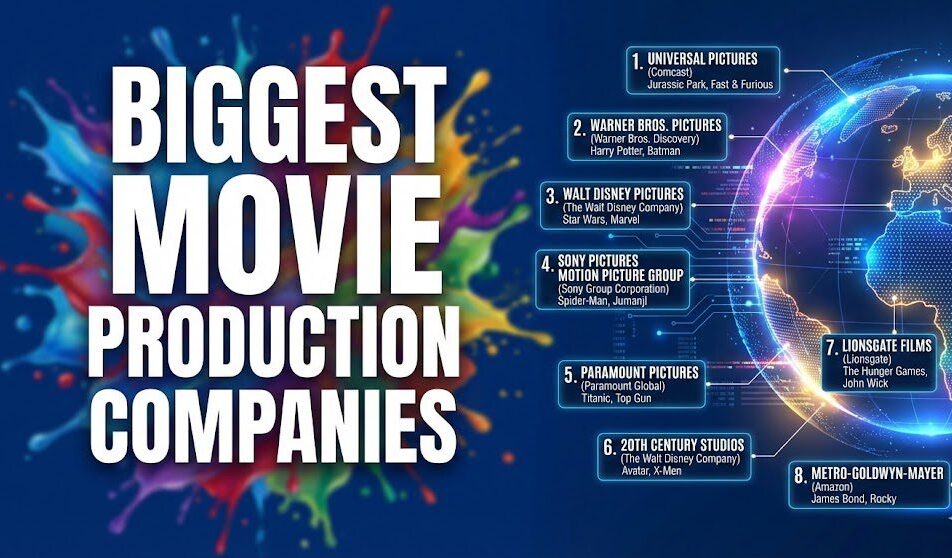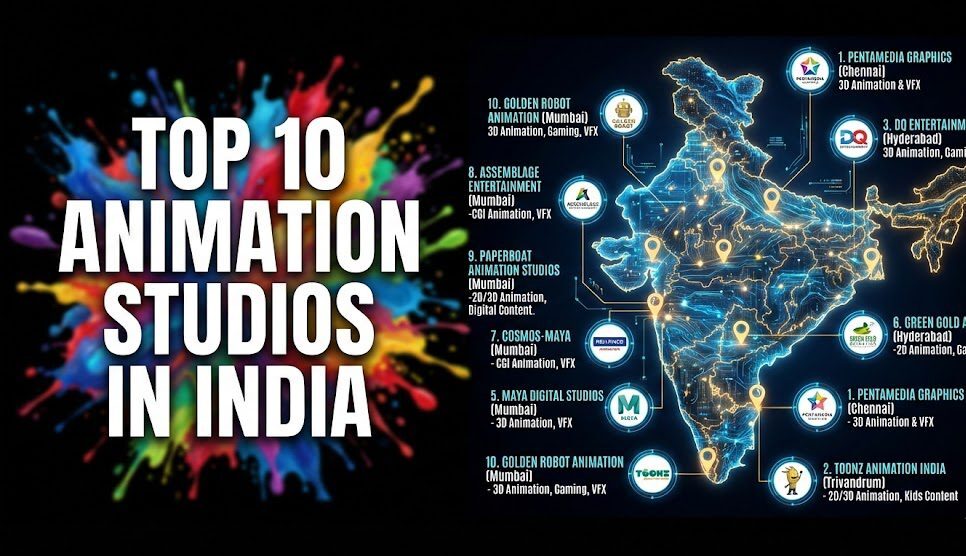Introduction
Navigating the entertainment industry is all about making the right connections, striking strategic deals, and ensuring content reaches the right audience. A representation deal is a crucial contract that helps talent, production houses, and content distributors find the best opportunities in a highly competitive landscape. But how does it work, and who are the key players involved?
In this comprehensive guide, we break down the fundamentals of representation deals, the roles of agents, managers, and sales representatives, and how these deals facilitate talent acquisition, project development, and distribution success. Whether you’re a filmmaker, production company, or a distribution executive, understanding representation deals can open doors to global opportunities.
Let’s dive in!
Table of content
- Introduction
- What is a Representation Deal?
- Key Players in a Representation Deal
- How Agents Secure Deals for Talent and Projects
- Role of Managers in Long-Term Careers
- Sales Representatives and Content Distribution
- Importance of Representation Deals in the Entertainment Industry
- How Vitrina Helps with Representation Deals
- Key Takeaways
- FAQs
Secure Global Representation Deals!

What is a Representation Deal?
A representation deal is a formal agreement between an individual (such as an actor, director, or writer) or a company (such as a production house) and an agent, manager, or sales representative. The purpose of this agreement is to help secure business opportunities, negotiate contracts, and ensure strategic career or project growth.
Representation deals are essential in the entertainment industry as they streamline negotiations, protect clients’ interests, and enhance visibility in the marketplace. Depending on the nature of the agreement, these deals may involve talent management, project financing, production partnerships, and content distribution.
Key Players in a Representation Deal
A successful representation deal involves three primary types of representatives:
- Talent Agents – Focused on securing work for actors, writers, and directors.
- Managers – Provide long-term career guidance and strategic positioning.
- Sales Representatives – Handle content licensing, distribution deals, and monetization.
Each plays a distinct yet interconnected role in shaping careers and maximizing project success.
How Agents Secure Deals for Talent and Projects
Talent agents are industry professionals responsible for securing roles, endorsements, and project opportunities for their clients. They negotiate contracts, ensure competitive compensation, and help talent navigate industry standards.
Key Responsibilities of Talent Agents:
- Pitching clients to studios, networks, and streaming platforms.
- Negotiating contracts and securing fair deals.
- Identifying the best opportunities aligned with a client’s brand.
- Collaborating with managers and PR teams for career growth.
Agents typically work within agencies such as WME, CAA, UTA, or independent firms that specialize in entertainment deal-making.
Track Every Film & TV Project Worldwide!

Role of Managers in Long-Term Careers
Unlike agents, managers take a holistic approach to a client’s career, focusing on long-term growth rather than just immediate deals. Managers work closely with talent to shape their image, develop business strategies, and secure industry partnerships.
Key Responsibilities of Managers:
- Career development and branding strategies.
- Advising on role selection and business ventures.
- Connecting clients with agents, publicists, and legal advisors.
- Guiding overall creative and professional trajectory.
While managers do not always negotiate contracts, they provide crucial support in decision-making and career planning.
Sales Representatives and Content Distribution
For production houses and distributors, sales representatives play a key role in securing deals for content sales and licensing. These professionals bridge the gap between content creators and platforms, ensuring films, series, and formats reach the right buyers.
How Sales Reps Facilitate Distribution:
- Pitching projects to broadcasters, streamers, and international buyers.
- Negotiating licensing and syndication agreements.
- Managing festival screenings and market presentations.
- Advising on distribution strategy for maximum reach.
Sales representatives often work at global film markets such as Cannes, MIPCOM, and AFM to connect producers with distributors and financiers.
Importance of Representation Deals in the Entertainment Industry
Representation deals streamline industry connections, provide legal protection, and increase market visibility. These agreements enable talent and content creators to access lucrative opportunities while ensuring fair negotiations.
Benefits of a representation deal include:
- Access to high-profile projects and partners.
- Stronger negotiation power and contract security.
- Increased exposure to decision-makers in the industry.
- Strategic career and business development.
For companies and executives, leveraging representation deals ensures a competitive edge in a crowded marketplace.
How Vitrina Helps with Representation Deals
Vitrina simplifies the process of finding and securing representation deals by offering an industry-first platform for discovering talent, projects, and distribution partners globally.
How Vitrina Empowers Members:
✅ Find the right agents, managers, and sales reps based on specialization.
✅ Connect with top industry professionals through verified contacts.
✅ Track projects in development, production, and release stages.
✅ Gain competitive intelligence on market trends and business opportunities.
With over 72,000 industry professionals across 100+ countries, Vitrina is your go-to platform for representation deal-making in the entertainment supply chain.
Key Takeaways
- Representation deals are essential for talent, projects, and distribution success.
- Agents, managers, and sales reps play different but crucial roles in securing opportunities.
- Strong representation ensures better contracts, career growth, and wider distribution.
- Platforms like Vitrina make it easier to find and connect with the right representatives worldwide.
Frequently Asked Questions
Look for experience, industry connections, and past success in your niche.
Yes, they typically involve contracts outlining terms, commissions, and responsibilities.
Absolutely! Sales representatives help production companies secure content distribution deals.





































